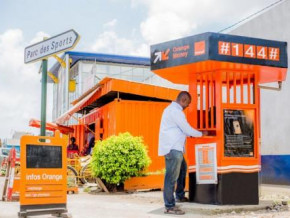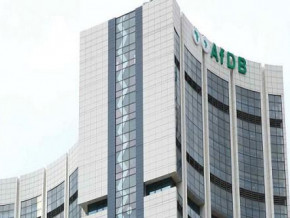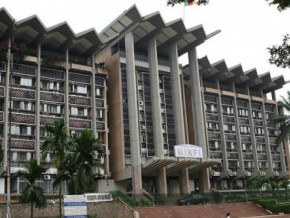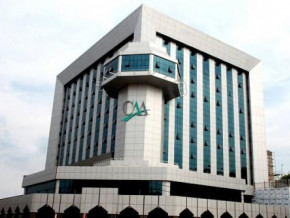
Cameroon: Sosucam plans a production of 124,000 of sugar in 2015-2016
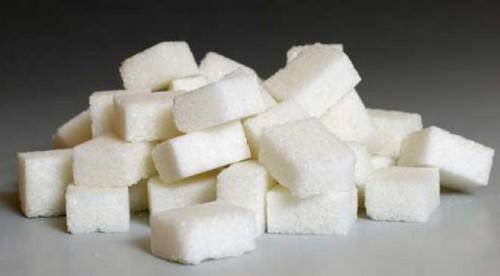
(Business in Cameroon) - The Société Sucrière du Cameroun (SOSUCAM – Sugar Company of Cameroon), subsidiary of the French group Vilgrain and leader on the Cameroonian sugar market, is expecting a production of 124,000 tons during the 2015-2016 season, which started on 26 October and should end in June 2016, we learned from official sources.
This production in decrease compared to the 150,000 tons planned for the previous season, is also not very far from the average of 130,000 tons produced by this food processor over the past five years. This, upon further analysis, reveals that the investments so far have not yet yielded results.
Indeed, we remember that Louis Yinda, CEO of SOSUCAM, had announced at the start of the 2013-2014 season that this company would invest FCfa 110 billion in succession starting from that season, in order to reach a production level of 170,000 tons from 2017. The money thus raised was meant to mainly enable the expansion of the 23,000 hectares of sugar cane crop currently operated by SOSUCAM in the areas of Nkoteng and Mbandjock, in the Central region of the country.
In practical terms, Mr. Yinda then explained, this means that out of the new 10,000 hectares granted to the company in 2005 through an emphyteutic lease signed with the State of Cameroon, almost 3,500 were used for roads layout and to install some basic infrastructure, while 3,500 hectares were already planted. The remaining 3,000 were to be planted, at the rate of 1,000 hectares on average per year beginning with the 2013-2014 campaign, in order to increase the production.
As a reminder, the national demand in sugar in Cameroon fluctuates between 250,000 and 300,000 tons per year. The cumulated offer from SOSUCAM and other local companies such as NOSUCA, SUMOCAM, etc., in general hardly meets the demand. Hence the need to sometimes resort to exports authorised by the government.
But in 2014, the government had to take safeguarding measures by banning all sugar imports on the Cameroonian market, in order to protect the local industry hampered by massive imports at times resulting from smuggling activities.
Brice R. Mbodiam
Mags frontpage
- Most read 7 days
- shared 1 month
- read 1 month



